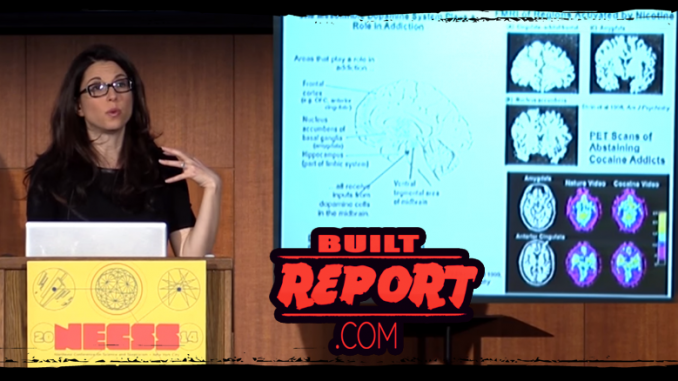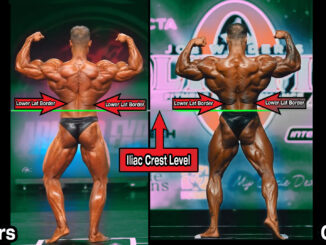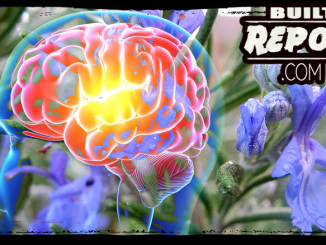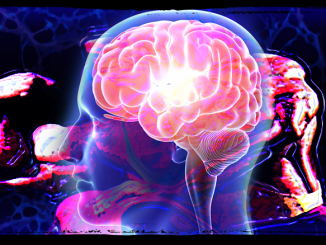
Jurassic Gorilla https://jurassicgorilla.com
Background for Free Will video
Who is Heather Berlin?
Heather A. Berlin is an American neuroscientist focusing on brain-behavior relationships affecting the prevention and treatment of impulsive and compulsive psychiatric disorders. She is also interested in the neural basis of consciousness, dynamic unconscious processes, and creativity. Dr. Berlin is host of the international Discovery Channel series Superhuman Showdown and of the CUNY TV and PBS series Science Goes to the Movies.
What is Free Will?
Free will is the ability to choose between different possible courses of action. It is closely linked to the concepts of responsibility, praise, guilt, sin, and other judgments which apply only to actions that are freely chosen. It is also connected with the concepts of advice, persuasion, deliberation, and prohibition. Traditionally, only actions that are freely willed are seen as deserving credit or blame. There are numerous different concerns about threats to the possibility of free will, varying by how exactly it is conceived, which is a matter of some debate.
The Neuroscience of Free Will
As it has become possible to study the human living brain, researchers have begun to watch decision making processes at work. Findings could carry implications for our sense of agency, moral responsibility, and our understanding of consciousness in general. One of the pioneering studies in this domain was designed by Benjamin Libet, while other studies have attempted to predict participant actions before they make them. Taken together, these various studies show that at least some actions – like moving a finger – are initiated unconsciously at first, and enter consciousness afterward. Unconscious processes (e.g. habits or training) are the prime movers in such cases.
The field remains highly controversial. There is no consensus among researchers about the significance of findings, their meaning, or what conclusions may be drawn. It has been suggested that consciousness mostly serves to cancel certain actions initiated by the unconscious. On this model, consciousness is understood to have “veto” power over our behavior. However even the act of “vetoing” has been shown to be unconsciously initiated in some cases. An action like running a red light may be initiated, then vetoed in miliseconds, all unconsciously. The precise role of consciousness in decision making therefore remains unclear.
Free Will as an Illusion
It is quite likely that a large range of cognitive operations are necessary to freely press a button. Research at least suggests that our conscious self does not initiate all behavior. Instead, the conscious self is somehow alerted to a given behavior that the rest of the brain and body are already planning and performing. These findings do not forbid conscious experience from playing some moderating role, although it is also possible that some form of unconscious process is what is causing modification in our behavioral response. Unconscious processes may play a larger role in behavior than previously thought.








Be the first to comment